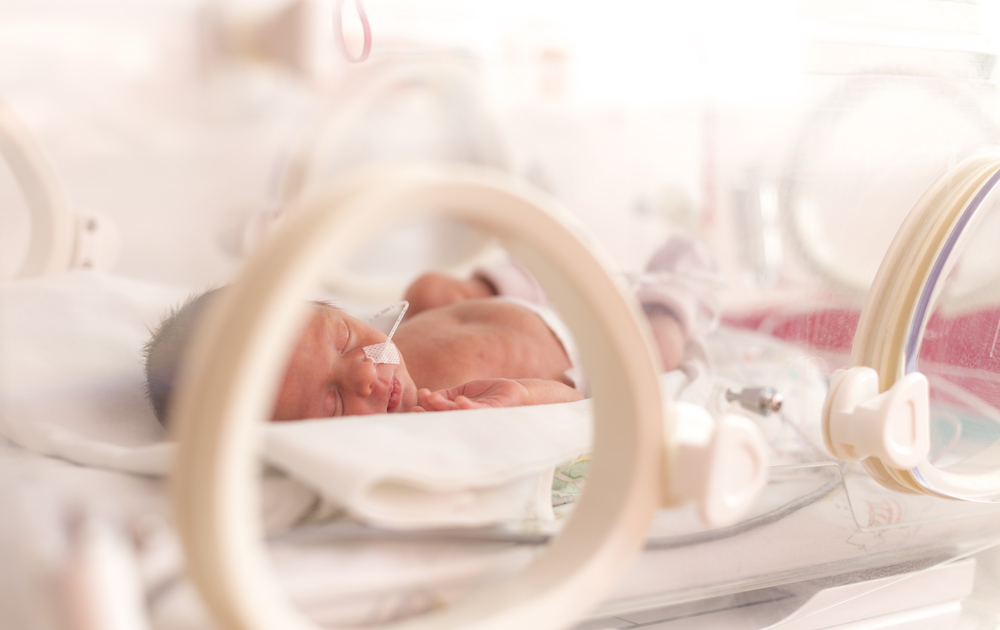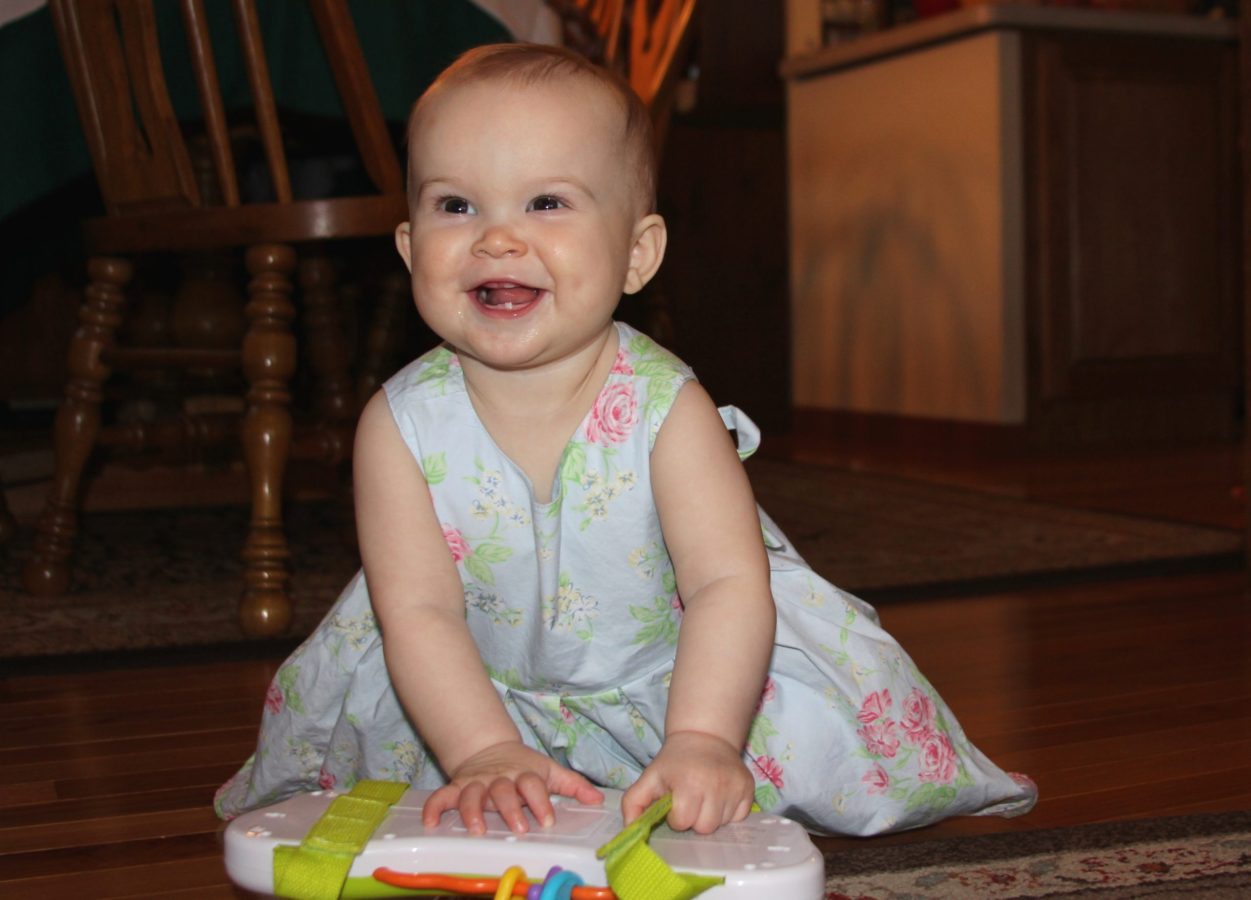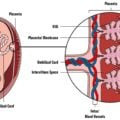It’s one of the “scary thoughts” that plagues expectant parents the most: “What if my baby comes early? What if my baby comes really early?”
About 500,000 preterm infants are born each year in the U.S. That’s about 10% of all births. The number is steadily increasing, in part due to the increased prevalence of fertility treatments, resulting in more multiples. The increase in preemies is also due to resuscitating even smaller babies than in the past and improving success rates.
That’s something to ease those fears! More early arrivals are surviving.
Breathing issues are the most common complications faced by preemies. Almost all humans born at fewer than 28 weeks will need some breathing support. And guess what? Some of the most cutting-edge breathing-support technology for preterm babies is being developed and implemented right here in Minnesota.
Dr. Kari Roberts is a neonatologist serving the NICU at University of Minnesota Masonic Children’s Hospital. She’s devoted much of the past several years of her life to researching and developing ways to minimize stress and pain for babies undergoing airway procedures in the NICU. Less stress leads to healthier babies and better outcomes.
Roberts said she chose her field of study because, “NICU is an incredibly unique opportunity to have both intense moments of making big medical decisions and the slow quiet process of watching babies learn to feed and grow. It’s an environment where I get to spend time with the families, walking through the highs and lows. I spend months with them — bonding with the parents and caring for the babies. It’s a very intense experience for parents and it’s fulfilling to walk them through this time,” Roberts said.
Her current project focuses on minimizing — with the goal of eventually eliminating — the need for intubation, which can be invasive, stressful and painful for babies while also rendering babies dependent on a machine for respiration. This is a hot topic in the medical community as many neonatologists are moving away from intubation.
Roberts and several others in her field are turning to a Laryngeal Mask Airway, or LMA — a simple device that’s easier to place than intubation equipment. The LMA delivers surfactant, the greasy lining for the lungs’ air sacks, which is precisely what premature babies are missing. Inability to produce surfactant at birth is the reason preemies need respiratory support.
“The problem now is that the LMA (equipment) on the market is too big for babies less than 28 weeks’ gestation,” Roberts said. “We are missing that age group between 25 and 28 weeks.”
Roberts is currently in the final stages of producing a specialized LMA designed to fit those younger preemies. Again, her focus is on making the experience better and more effective for the baby, which results in a better experience for the whole family. Roberts presents her methods and research at conferences around the world.
When asked if she has any advice for parents of preemies, Roberts — who has been with the University of Minnesota since 2006 — said: “Just know that it’s going to be a long, emotional journey and that the people providing care for your baby are going to walk through it hand-in-hand with you.”
Jen Wittes is a marketing director, writer, certified postpartum doula and mom of two living in St. Paul.





















